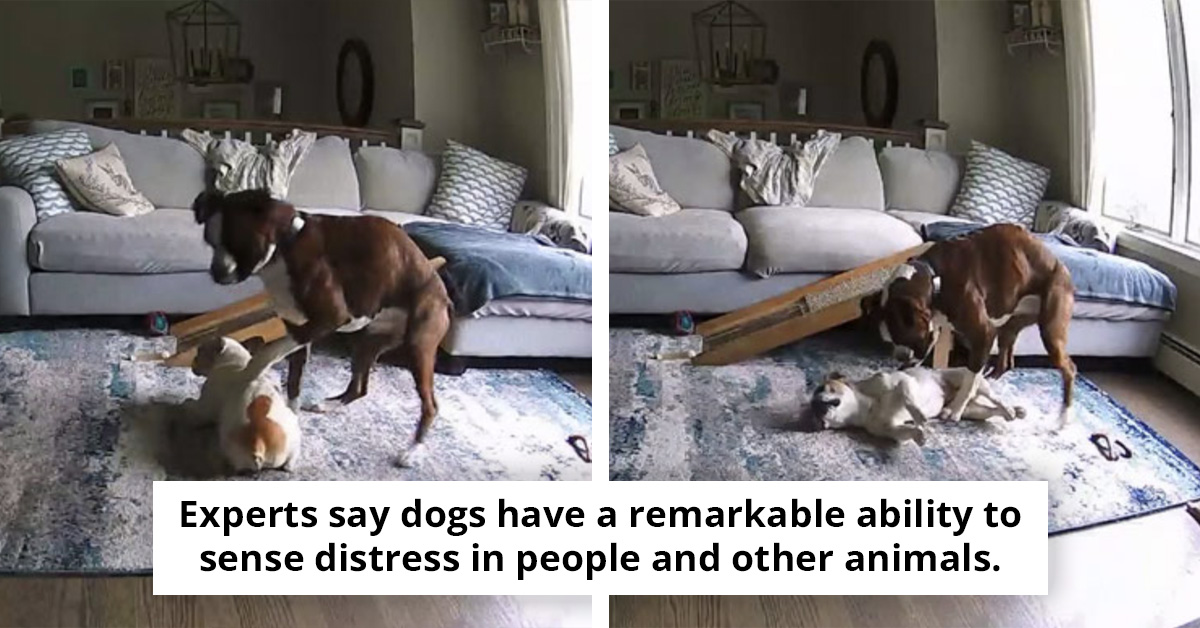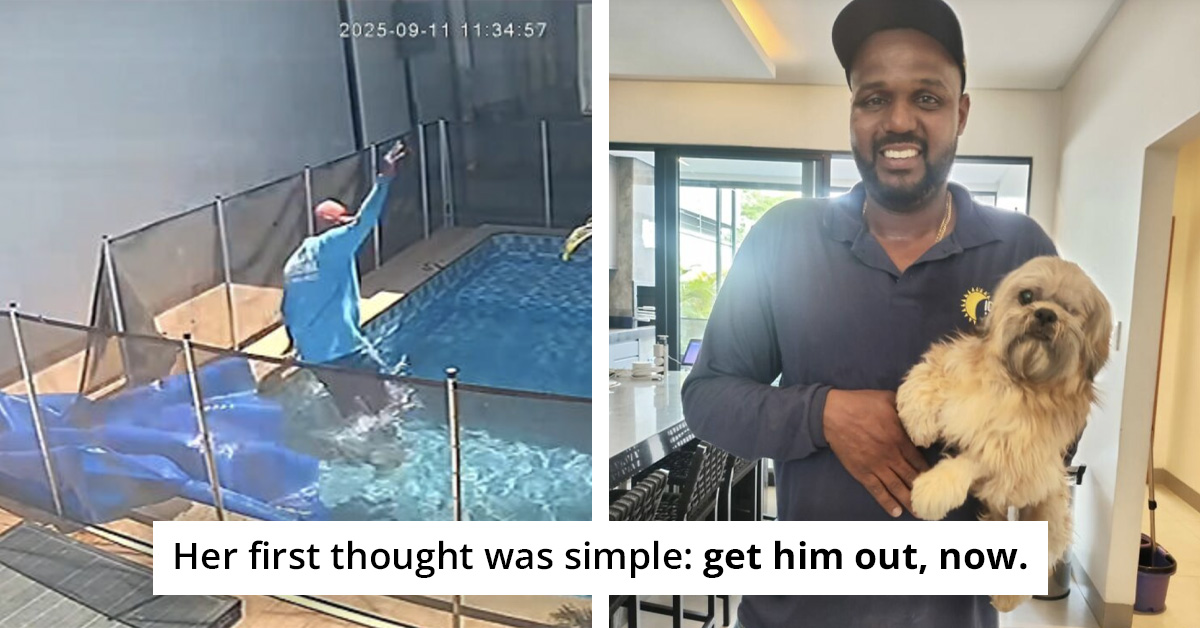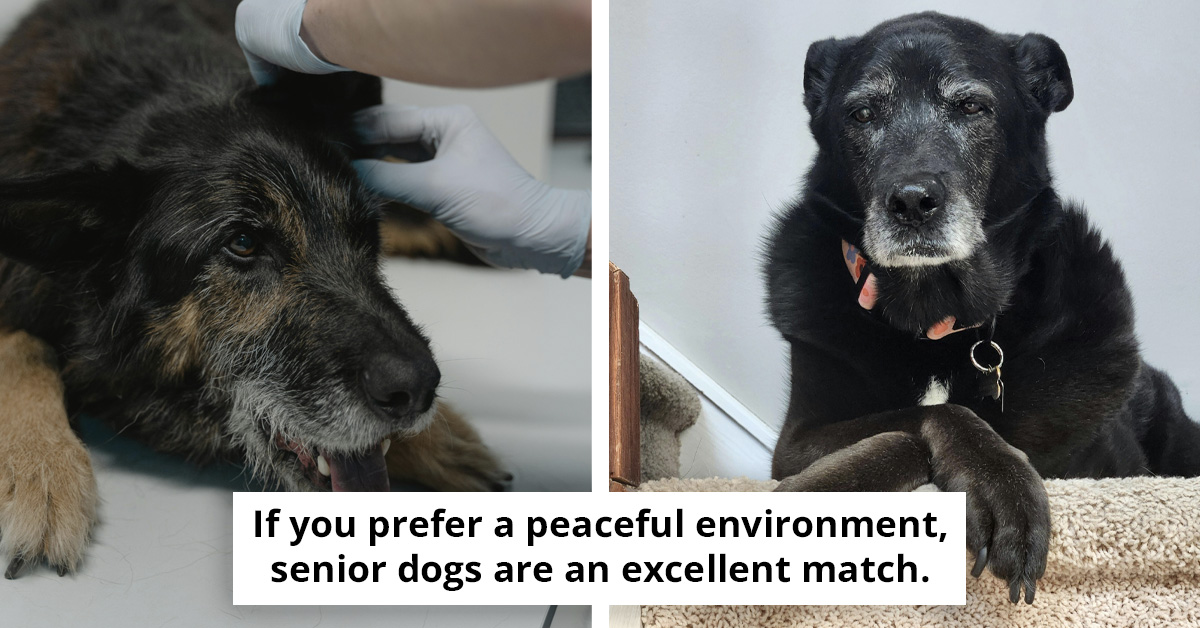Cat Owners Explain How "Dog People" Often Misread Cat Body Language
Some people often speak about how cats look evil. A Tumblr user, Rabbit In Headlights, shared an explanation, trying to put an end to this silly dispute over cats once and for all.
“I feel like the reason certain dog lovers insist cats are evil is that they read their body language as if they were dogs,” Rabbit In Headlights began the explanation and continued by adding, “a very basic guide to common ‘mean’ things cats do that actually aren’t mean at all.”
I think we can all agree that both cats and dogs are wonderful pets, and it’s a shame that animal lovers quarrel over this. It's always a good time to learn some cat facts, though, and today we're discussing cat body language, courtesy of a cat fan on Tumblr.
Are Cats Evil? No.
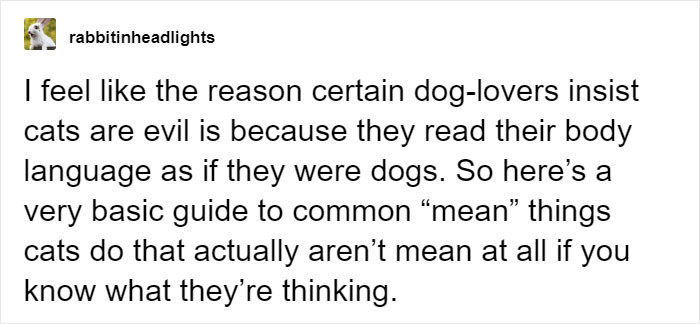
Cat Belly

More Cat Belly

Cat Snaps

Loner Cat

Cat Slaps

Cat Staring Session

Cats Blinking





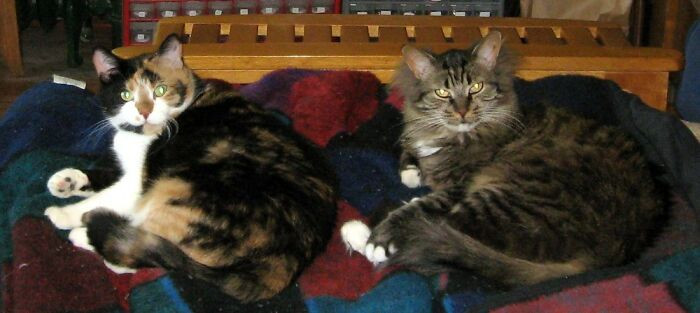



The idea that felines don't like humans, even their owners, isn't new. It resurfaced not long ago with British research suggesting that in unfamiliar situations, felines don't see their owners as a safety figure in the way that a human child perceives a parent.
Media outlets really had a field day, and the deceptive headlines on this matter included "Sorry, But Your Cat Really Doesn't Need You Around," "Your Cat Doesn't Care About You," and the all-time classic "Your Cat Hates You." However, the study conveyed something quite different.
Most of these clickbait articles failed to mention that the analysis wasn't about affection. To quote LiveScience, "Ask any cat person, however, and they would swear that Mr. Whiskers does love them."
They may be right, [lead researcher Daniel] Mills said. The new findings simply mean that cats don't see their human companions as parent-like figures.
For instance, in the Strange Situation test, parents don't form a secure attachment to their babies because they don't see their children as a 'safe base' — but it would be wildly inaccurate to say that parents don't love their kids. It may simply be that feline-human love is rooted in something other than dependence.











